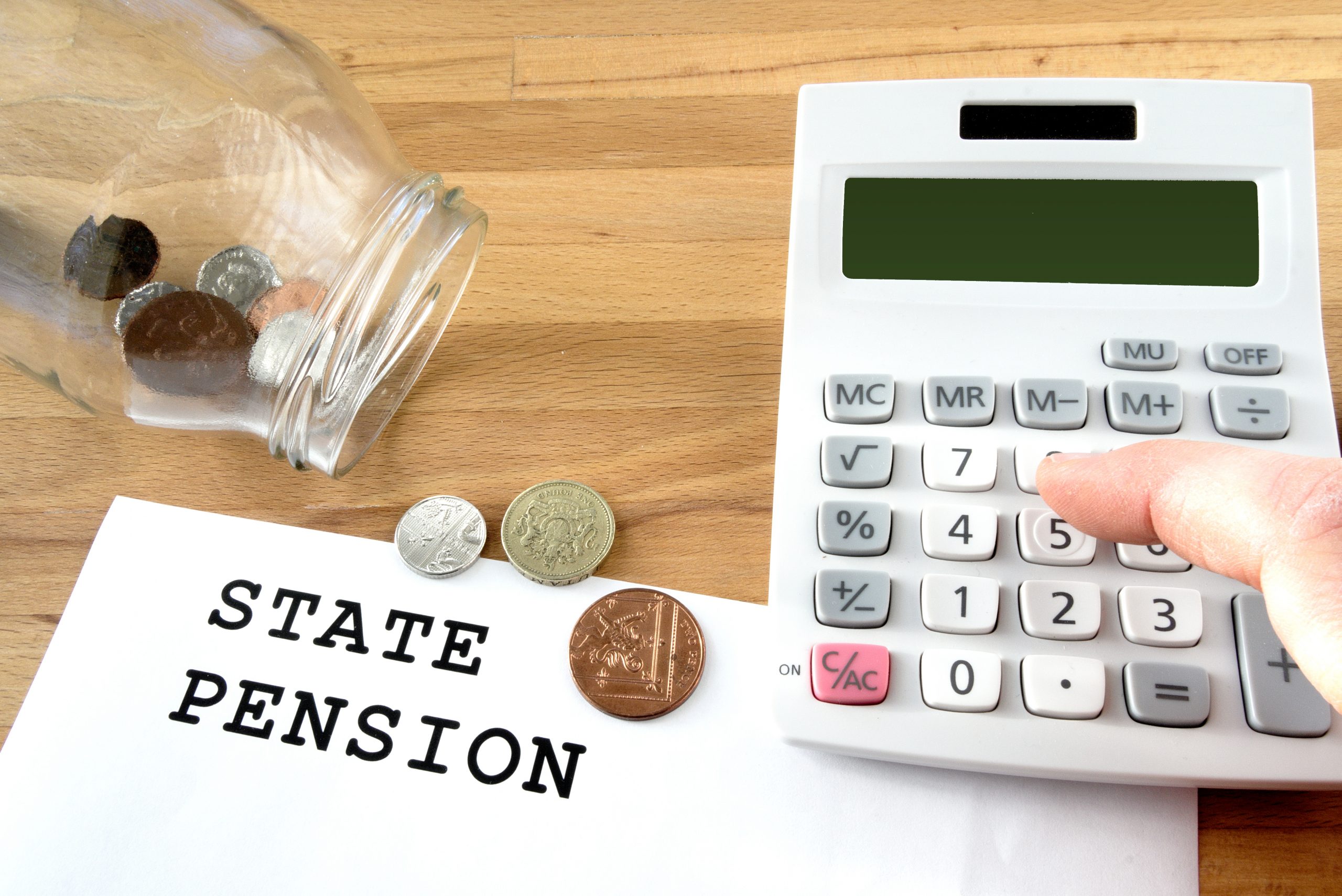News
State pension failing to cover half of spending needs in retirement

Despite an increase in the state pension at the beginning of the tax year, new data has revealed that even this larger sum fails to cover half of current spending needs.
Family spending data from the Office for National Statistics (ONS) shows that the current state pension fails to cover even half of current spending needs.
This is despite an increase in the state pension by 10.1% at the start of the new tax year, as a result of the triple lock, which guarantees that the state pension will increase each year by the largest of either the rate of inflation, the rate of wage growth or 2.5%.
The increase meant that the single-tier state pension rose to £203.85 per week from £185.15, which works out at £10,600.20 per year. Meanwhile those receiving the old basic state pension saw their weekly payments rise to £156.20, or £8,122.40 over a year.
However, the sums for living on the state pension just don’t add up. At the end of the 2022 financial year, the average weekly expenditure for households with the head at or near retirement age (65-74) had an average weekly spend of £455.30 and would require roughly £23,000 per year.
In 2022, households with the head over the age of 75 had lower weekly expenses of £356.30, requiring £18,500 per year. But the state pension still falls as much as £10,000 short.
Expenses outweighing income
And the disparity between the state pension and living costs could be getting worse as pensions are still trying to catch up with increases in living costs and inflation in 2023.
Helen Morrissey, head of retirement analysis at Hargreaves Lansdown, said: “These figures cover the 21/22 financial year and so don’t really take into account the eye-watering increases in costs we saw as inflation rose last year. Next year’s figures will no doubt show the huge surge in the basics such as gas, electricity and food that we have all been grappling with.
“Many over-65s will have their retirement incomes bolstered by final salary pension provision but those who don’t face real challenges and those of us still working need to plan if we are to have enough to live well in retirement.
“If you are in a couple where you both get a full state pension then this helps enormously. But if you are single, or still paying significant housing costs then if you don’t have a decent retirement plan, you’ll be struggling to meet anything more than your most basic needs.”